Eating with Dental Implants: What You Need to Know
Dental implants have garnered significant popularity as a reliable solution for individuals facing tooth loss. These innovative implants are crafted to replicate the appearance and functionality of natural teeth, offering a durable and long-term option for those seeking to restore their smile and enhance their oral health.
- 1/16/2024
- 3 min read
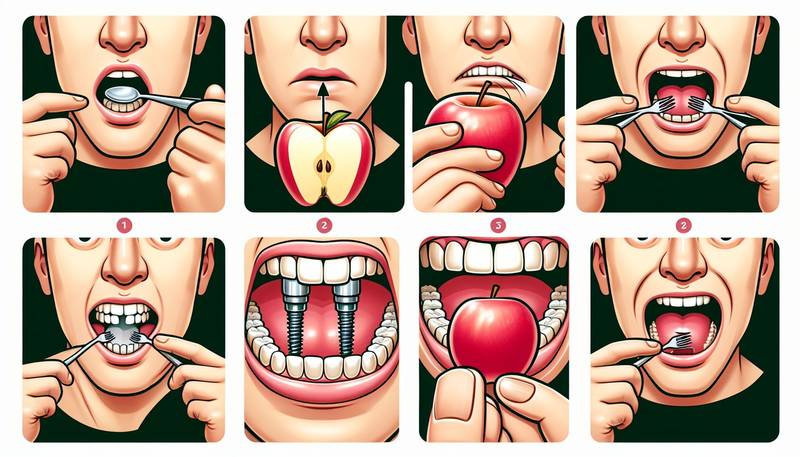 Click
to read the article
Click
to read the article
However, navigating the realm of eating with dental implants calls for careful considerations to safeguard the efficacy and longevity of the implants.
Understanding Dental Implants: A Comprehensive Overview
Dental implants serve as artificial tooth roots that are surgically implanted into the jawbone. These implants serve as a robust foundation for replacement teeth, such as crowns or dentures, and gradually fuse with the jawbone over time. This integration process ensures a secure and permanent solution that closely mirrors the natural structure of teeth.
Navigating Dietary Adjustments during the Healing Phase
Following dental implant surgery, a critical healing period ensues during which the implant melds with the jawbone. It is imperative to exercise prudence during this phase and adhere to a soft diet to prevent undue pressure on the implant site. Opt for soft, easily chewable foods like yogurt, mashed potatoes, and smoothies to facilitate the healing process and support implant integration.
Steering Clear of Hard and Adhesive Food Items
Upon completion of the healing period and successful integration of the implants with the jawbone, a gradual reintroduction of harder foods into your diet is permissible. However, exercising caution and avoiding extremely hard or sticky foods is crucial to prevent potential damage to your implants. Foods such as hard nuts, candies, and sticky caramel should be consumed judiciously or omitted altogether to safeguard the structural integrity of your implants.
Embracing Appropriate Chewing Techniques for Implant Care
Adopting proper chewing techniques is vital when consuming meals with dental implants to mitigate excessive strain on the implants. Take smaller bites, chew slowly, and ensure meticulous chewing to minimize pressure on the implant site and preserve the longevity of your implants, thereby ensuring their durability and functionality over time.
Prioritizing Routine Dental Check-ups for Optimal Maintenance
Regular dental check-ups play a pivotal role in the maintenance of your dental implants. Scheduling periodic visits with your dentist enables comprehensive assessments of your implants' health and stability. Your dentist can promptly identify and address any potential issues, thereby averting complications and ensuring the sustained well-being of your implants.
Upholding Rigorous Cleaning and Maintenance Protocols
To uphold the long-term success of your dental implants, adhering to diligent cleaning and maintenance practices is imperative. Consistent brushing and flossing are essential to eradicate plaque and bacteria, guarding against gum disease and implant failure. Your dentist may recommend specialized tools or products for cleaning around the implant site to uphold optimal oral hygiene and preserve the health of your implants effectively.
In Conclusion: Nurturing Your Dental Implants for Lasting Efficacy
Eating with dental implants can be a gratifying experience with the implementation of appropriate care and precautions. By meticulously following the outlined guidelines and maintaining regular communication with your dentist, you can ensure the enduring health and functionality of your dental implants, enabling you to revel in a resilient and radiant smile for years to come.
Recent posts
Random news

The Importance of Choosing the Right Dentist for Your Teeth Implants
- 2024-03-03T00:00:00Z
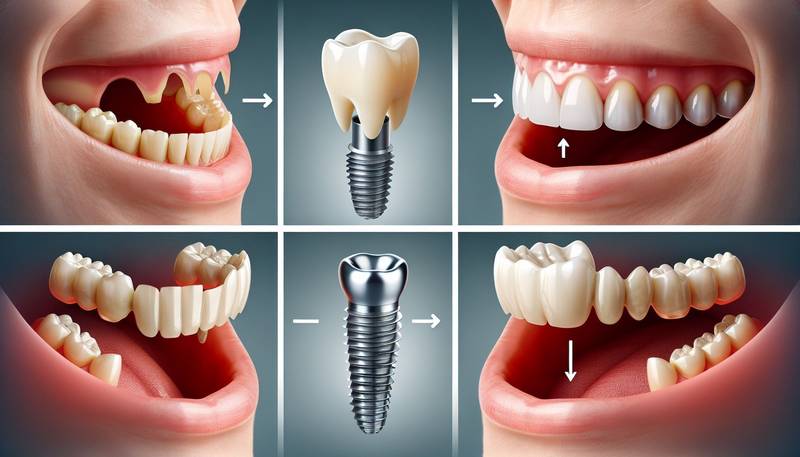
Solving the Problem of Missing Teeth: How Implants Can Help
- 2023-12-29T00:00:00Z
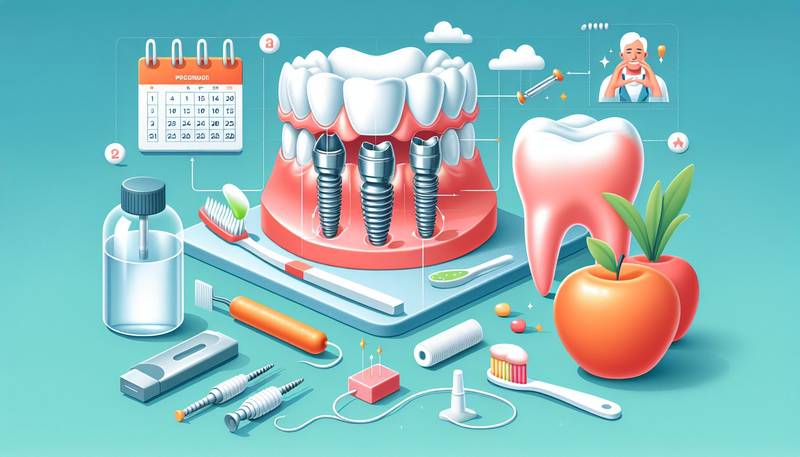
How to Ensure the Longevity of Your Teeth Implants
- 2024-02-16T00:00:00Z
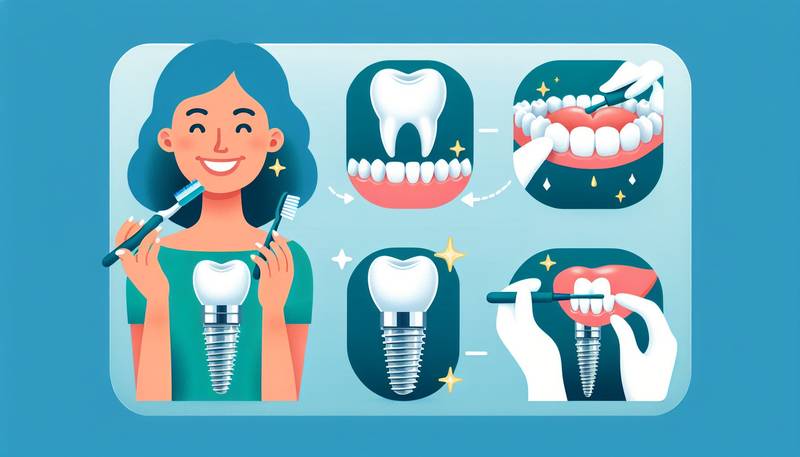
How to Care for Your Teeth Implants: Tips and Best Practices
- 2024-02-02T00:00:00Z

Teeth Implants for Seniors: Benefits and Considerations
- 2024-03-08T00:00:00Z
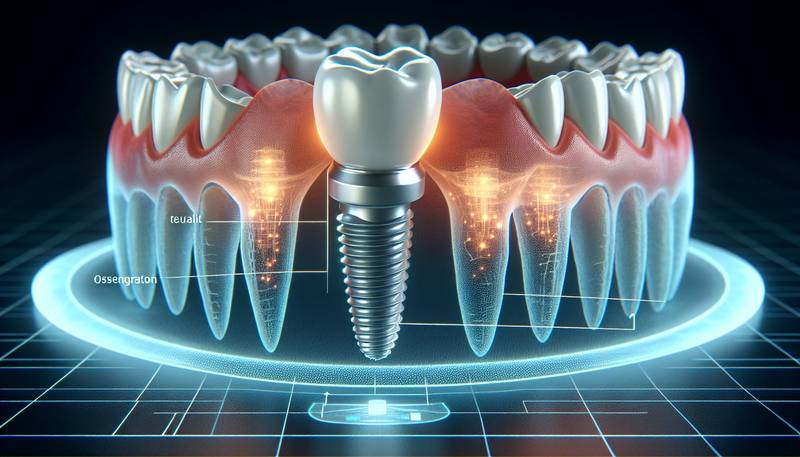
The Role of Implant Material in the Success of Teeth Implants
- 2024-03-10T00:00:00Z

Navigating the Recovery Process After Teeth Implant Surgery
- 2024-01-09T00:00:00Z
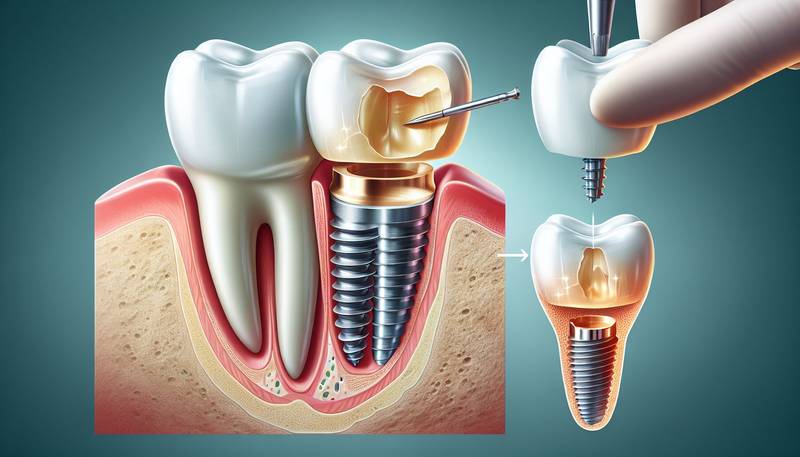
The Science Behind Teeth Implants: How They Work
- 2024-03-08T00:00:00Z
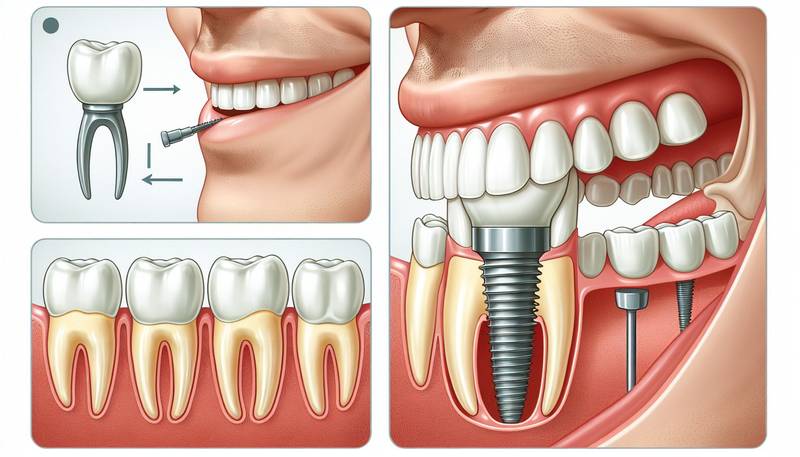
Why Teeth Implants are Considered a Superior Solution for Missing Teeth
- 2024-03-03T00:00:00Z
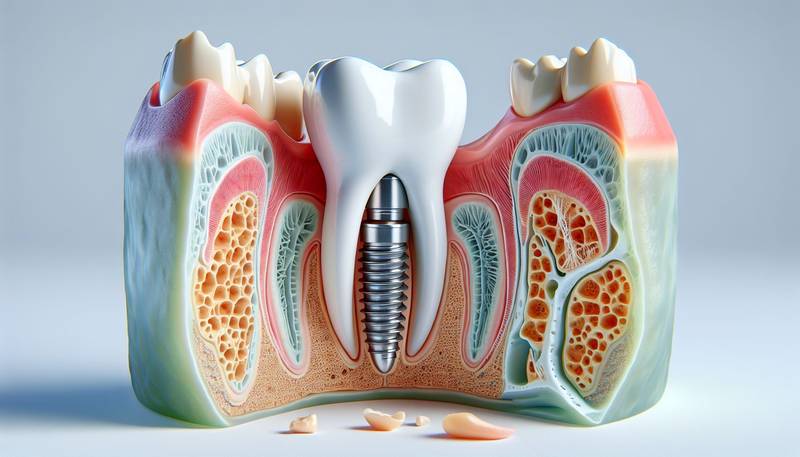
Teeth Implants and Bone Health: Understanding the Connection
- 2024-01-01T00:00:00Z
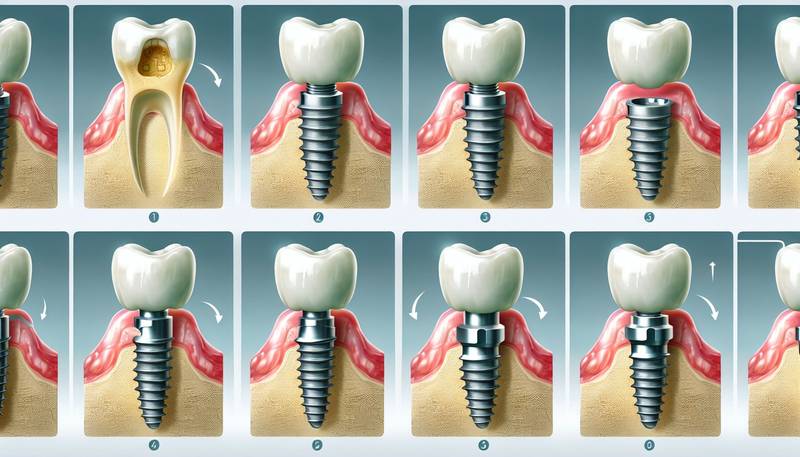
Celebrating Milestones: Success Stories of Teeth Implant Transformations
- 2023-12-19T00:00:00Z
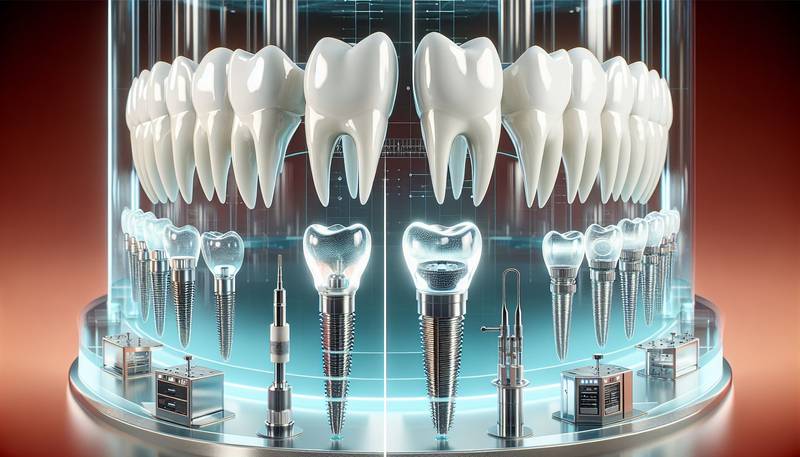
The Future of Teeth Implants: Trends and New Directions
- 2024-02-21T00:00:00Z
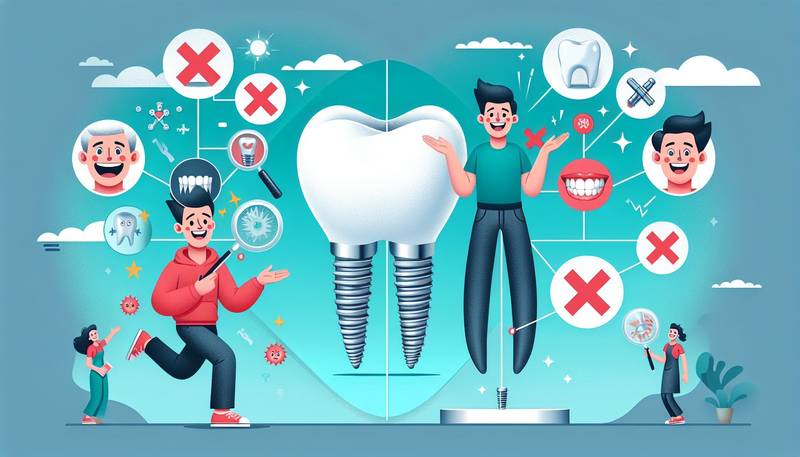
Addressing Common Misconceptions About Teeth Implants
- 2023-12-19T00:00:00Z
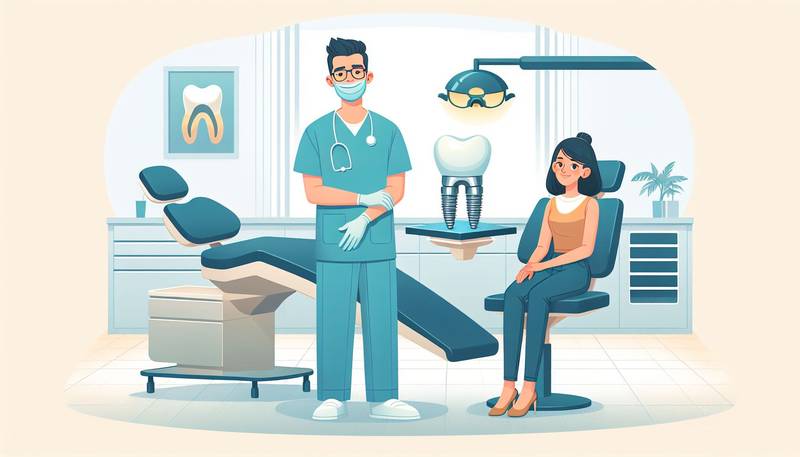
Overcoming the Fear: Dental Implants and Anxiety Management
- 2024-01-08T00:00:00Z

The Psychological Benefits of Restoring Your Smile with Dental Implants
- 2023-12-03T00:00:00Z

Before and After: Real-Life Success Stories of Dental Implant Patients
- 2024-02-18T00:00:00Z
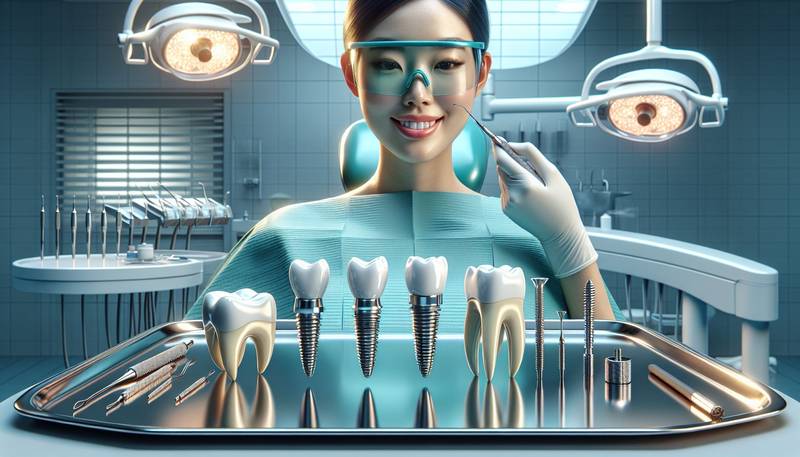
Customizing Your Smile: The Aesthetic Benefits of Teeth Implants
- 2024-01-23T00:00:00Z
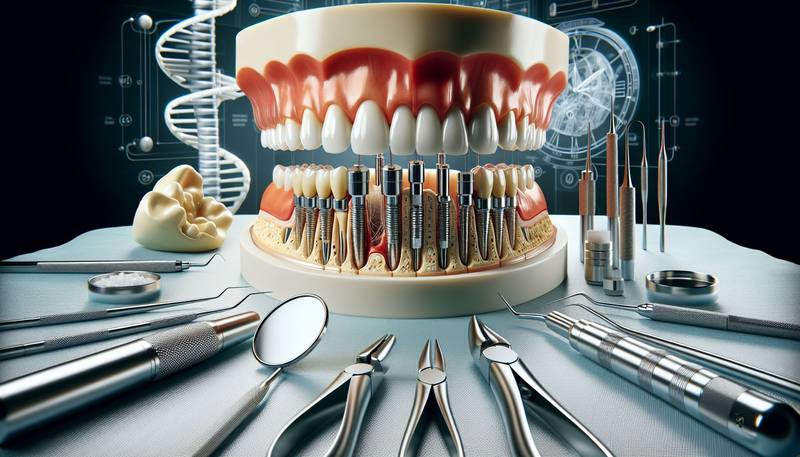
Innovative Techniques in Teeth Implant Surgery for Faster Recovery
- 2023-12-03T00:00:00Z
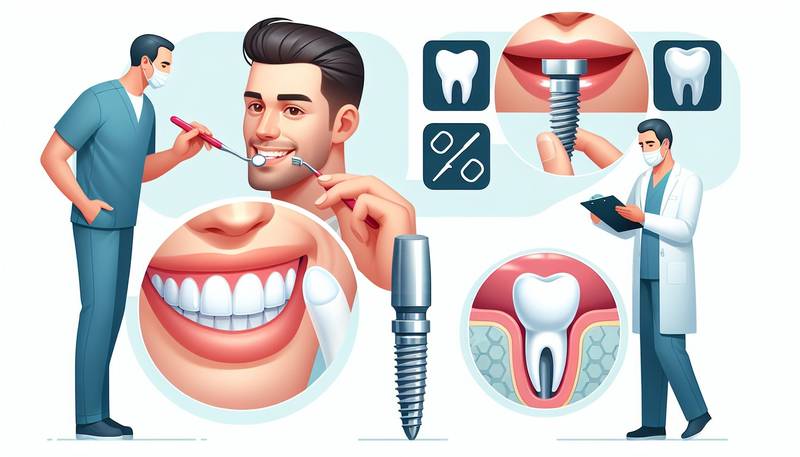
Ensuring Success: Top Tips for Teeth Implant Care and Maintenance
- 2024-02-21T00:00:00Z

Choosing Your Implant Dentist: What to Look For
- 2023-12-15T00:00:00Z
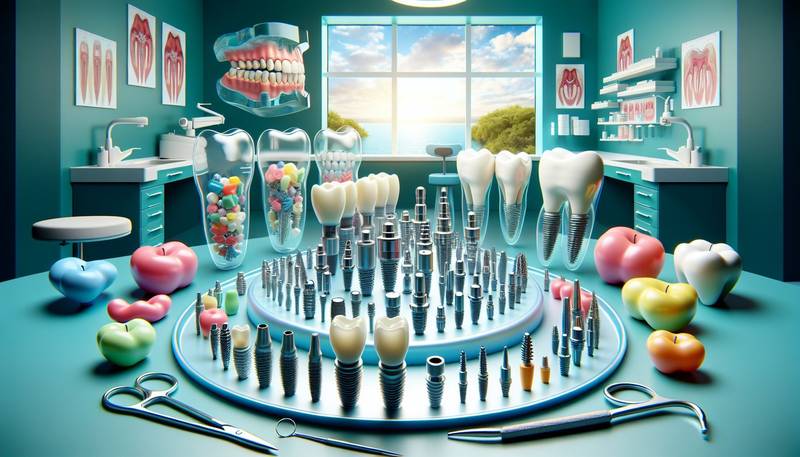
Navigating the World of Teeth Implants: A Beginner’s Guide
- 2024-01-12T00:00:00Z
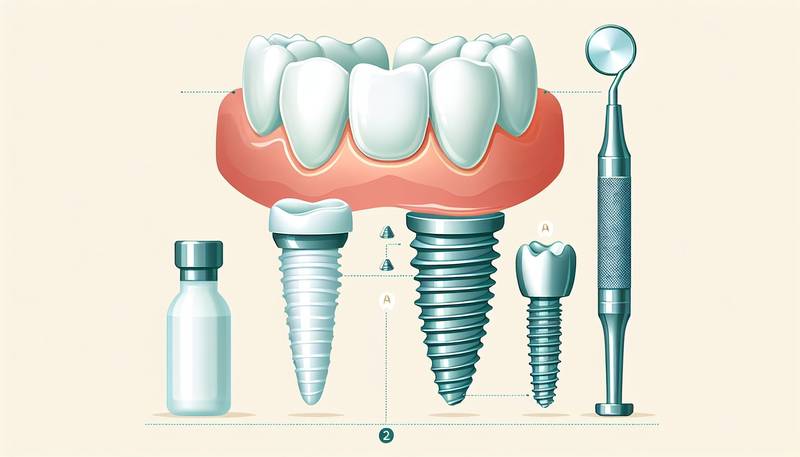
The Ultimate Guide to Teeth Implants: What You Need to Know
- 2023-12-05T00:00:00Z
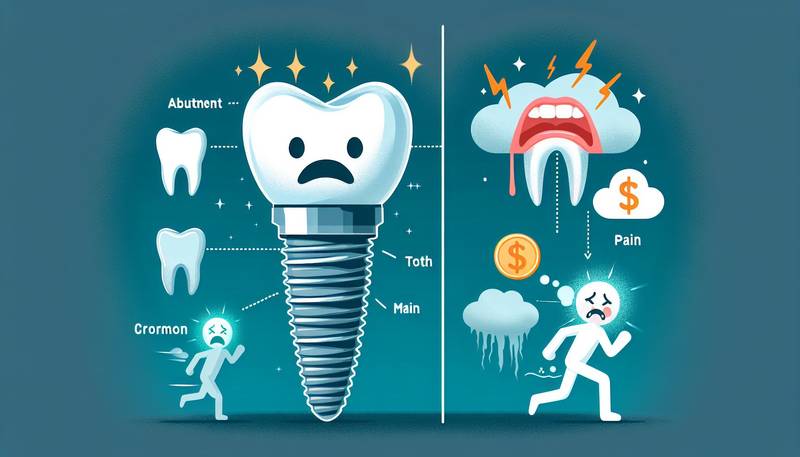
Common Myths About Teeth Implants Debunked
- 2024-01-14T00:00:00Z
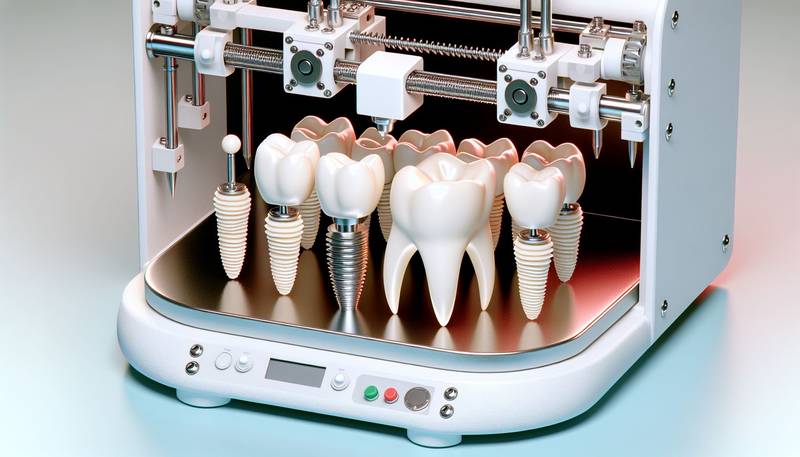
The Role of 3D Printing in Customizing Teeth Implants
- 2024-01-17T00:00:00Z

Paying for your Smile: Financing Options for Teeth Implants
- 2023-12-05T00:00:00Z
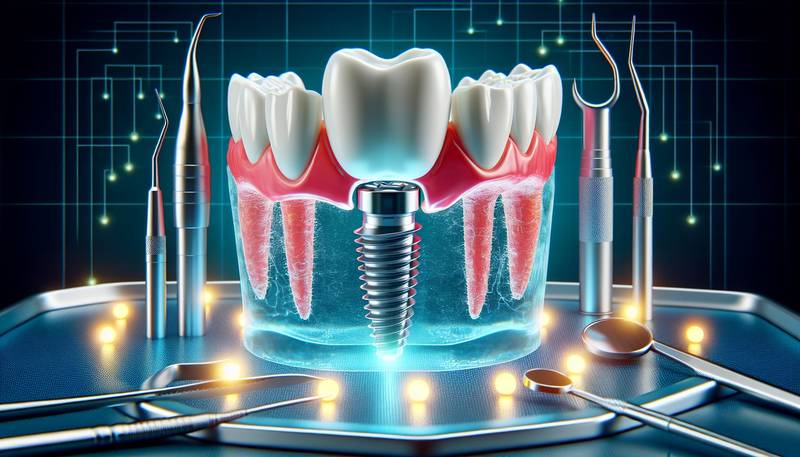
Innovations in Teeth Implant Technology: What’s New?
- 2024-03-05T00:00:00Z

Before and After: The Transformative Effects of Teeth Implants
- 2023-12-19T00:00:00Z
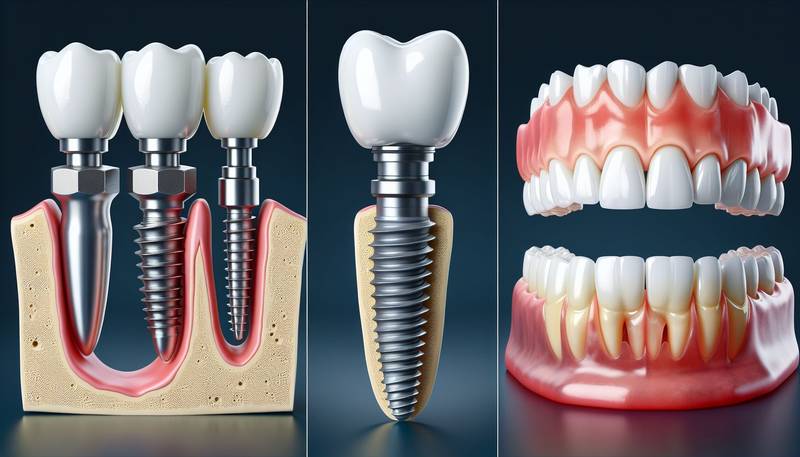
Comparing Teeth Implants to Other Dental Restoration Methods
- 2023-12-28T00:00:00Z

Teeth Implants Abroad: Weighing the Pros and Cons
- 2023-12-10T00:00:00Z
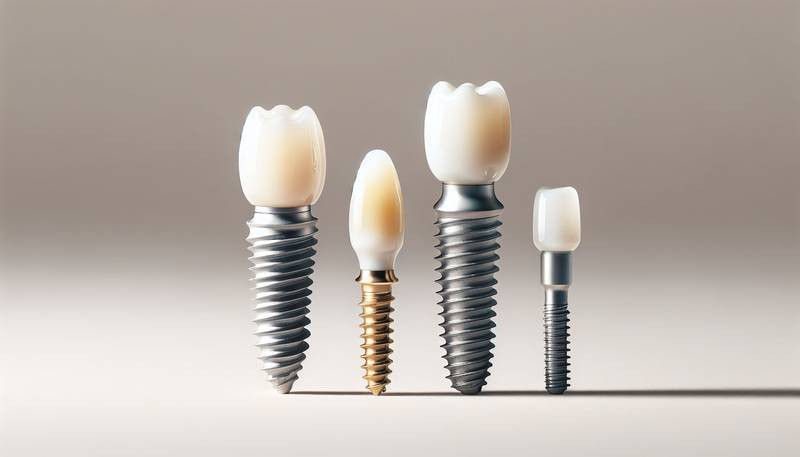
Comparing Materials: A look at the Different Types of Teeth Implants
- 2023-12-19T00:00:00Z
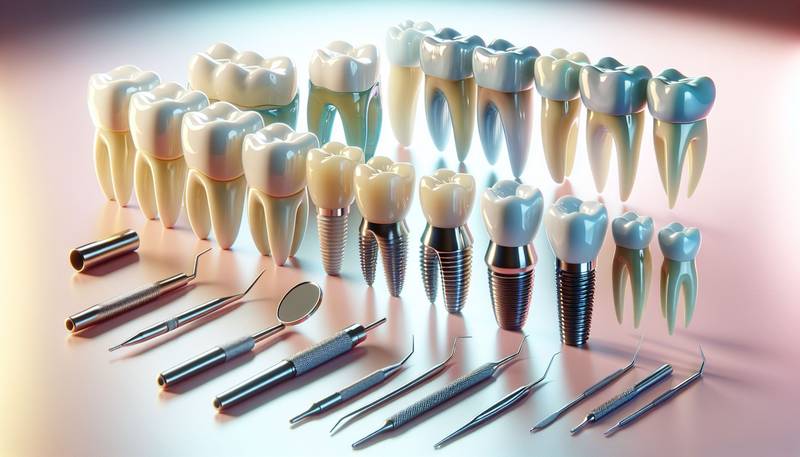
Customizing Your Smile: The Art of Aesthetic Teeth Implants
- 2024-01-21T00:00:00Z
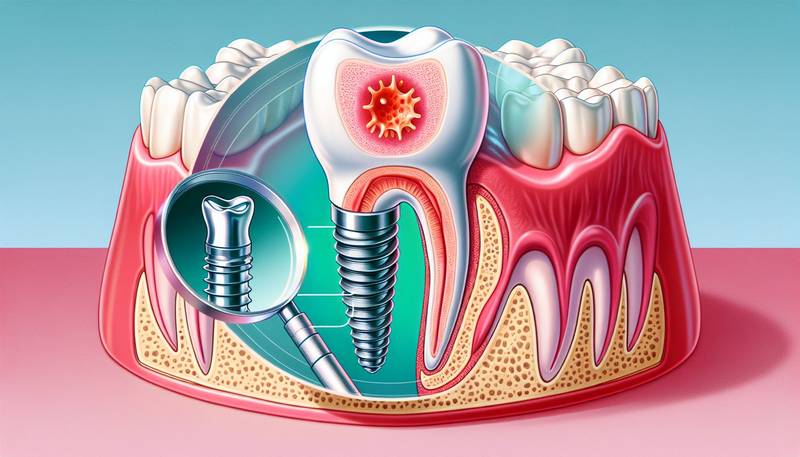
The Connection Between Teeth Implants and Gum Health
- 2024-01-28T00:00:00Z
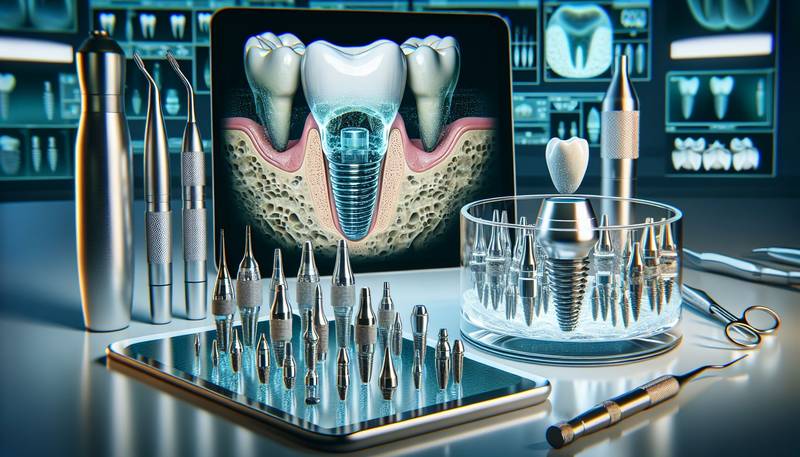
The Latest Advances in Teeth Implant Technology
- 2024-02-09T00:00:00Z
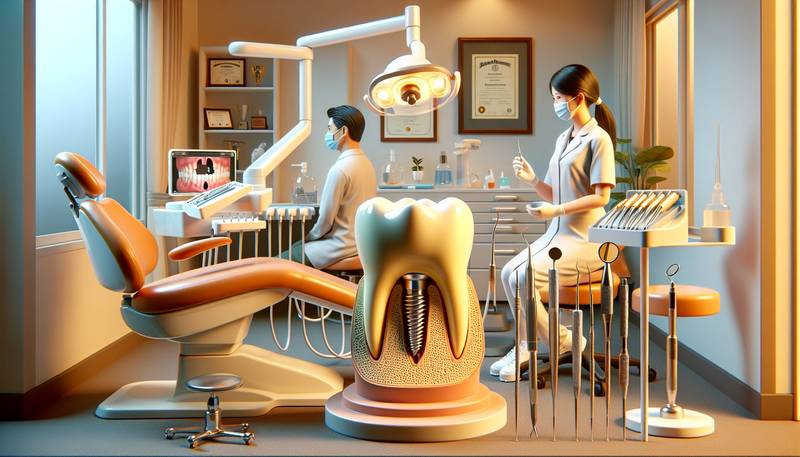
How to Find the Right Dental Specialist for Your Teeth Implants
- 2023-12-21T00:00:00Z
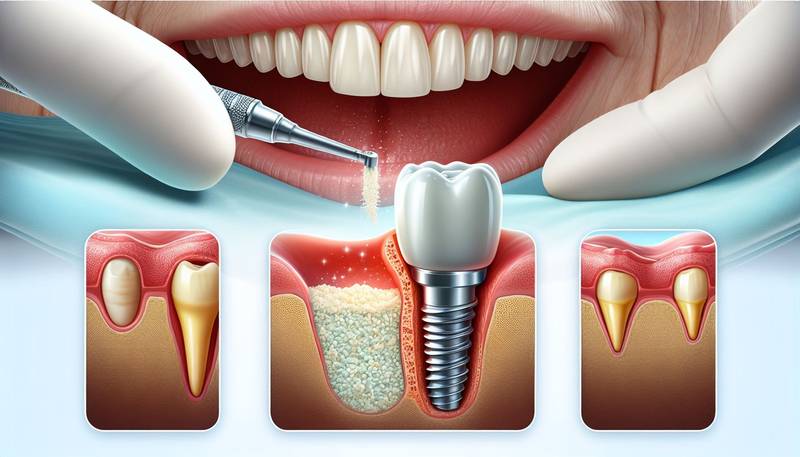
The Role of Bone Grafting in Successful Teeth Implant Surgery
- 2023-12-13T00:00:00Z
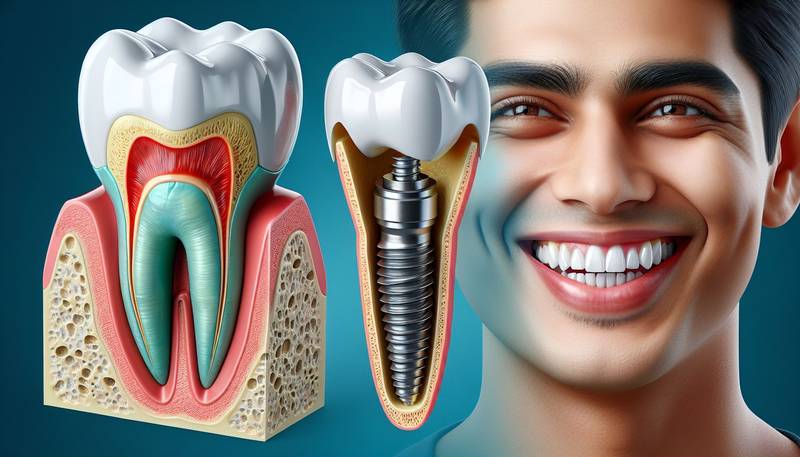
The Benefits of Teeth Implants: More Than Just a Beautiful Smile
- 2024-03-11T00:00:00Z
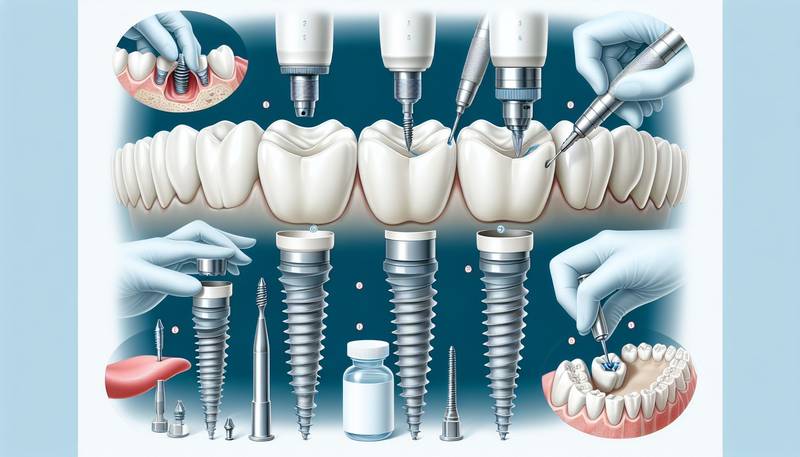
Navigating the Process: What to Expect During the Dental Implant Procedure
- 2024-01-14T00:00:00Z

Teeth Implants for All Ages: Are You a Candidate?
- 2023-12-14T00:00:00Z
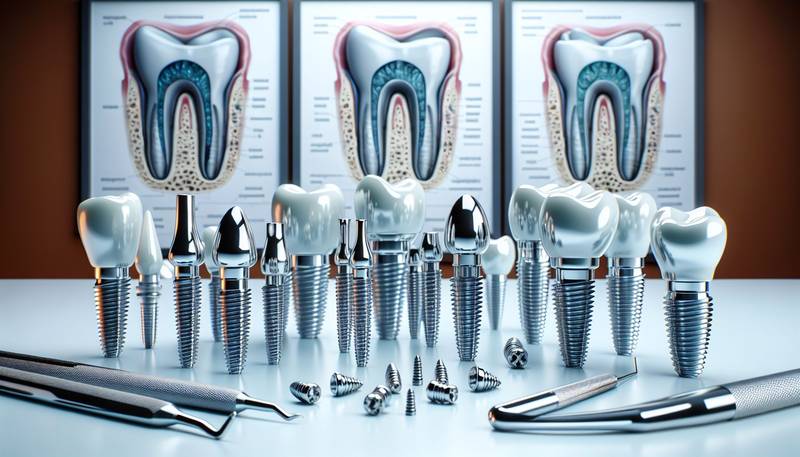
Teeth Implants: Frequently Asked Questions Answered
- 2023-12-16T00:00:00Z
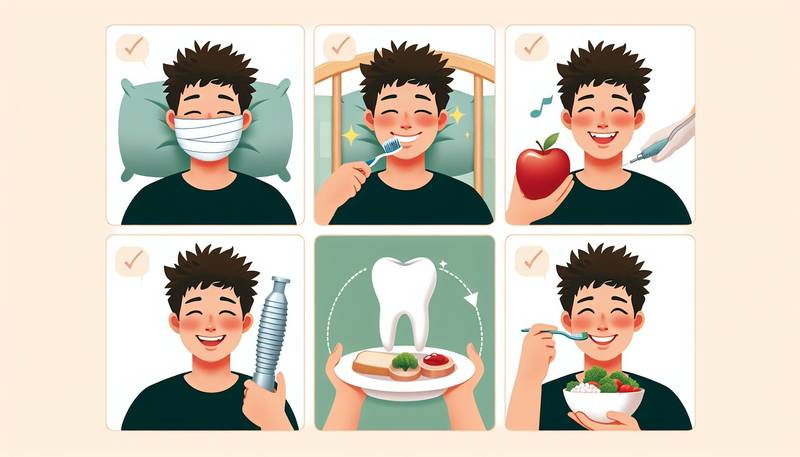
Recovery Tips: How to Speed Up Your Healing After Teeth Implant Surgery
- 2024-01-24T00:00:00Z

The Psychological Benefits of Teeth Implants: Beyond Aesthetics
- 2024-01-31T00:00:00Z
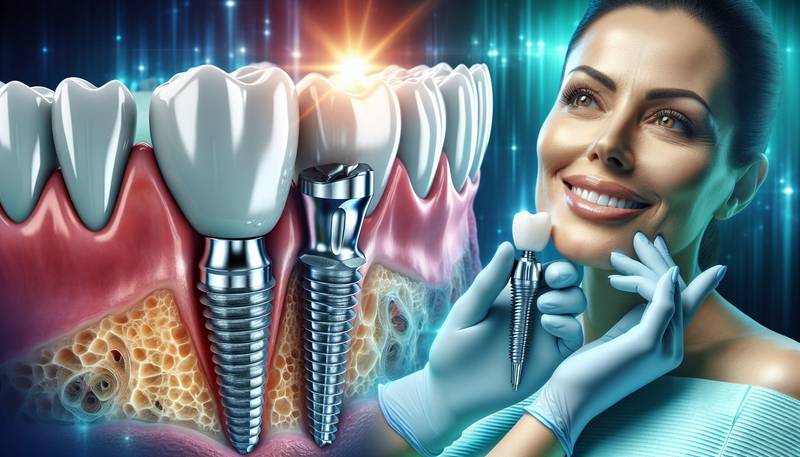
Advancements in Teeth Implant Technology and What It Means for You
- 2023-12-03T00:00:00Z
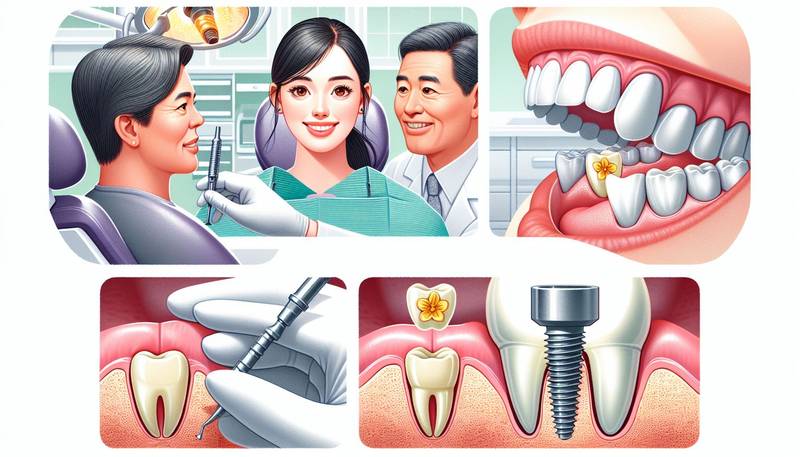
A Step-by-Step Process: What to Expect When Getting Teeth Implants
- 2023-12-09T00:00:00Z
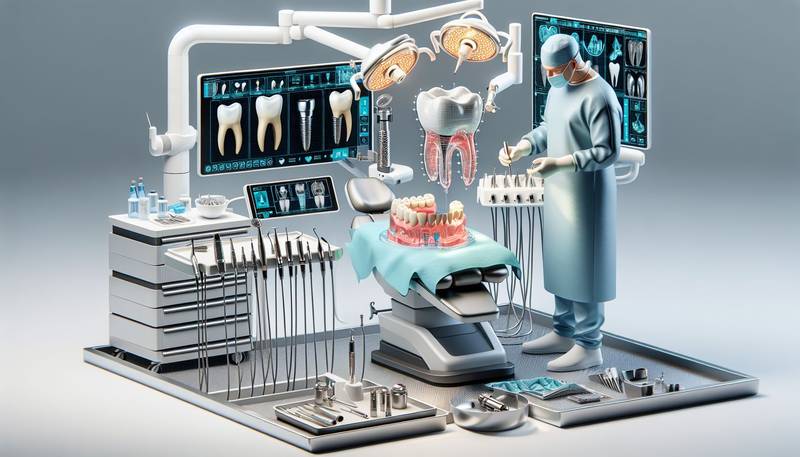
Innovative Techniques in Dental Implant Surgery: What’s New?
- 2024-02-16T00:00:00Z

Eating with Dental Implants: What You Need to Know
- 2024-01-16T00:00:00Z
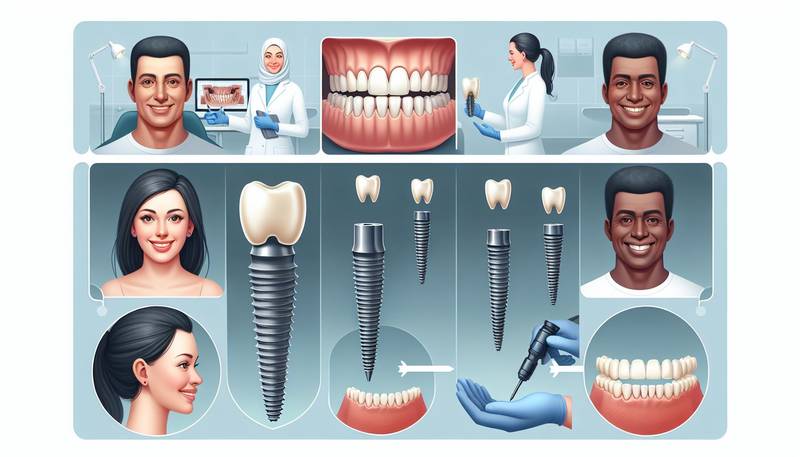
Understanding the Procedure: A Step-by-Step Guide to Getting Teeth Implants
- 2024-01-22T00:00:00Z
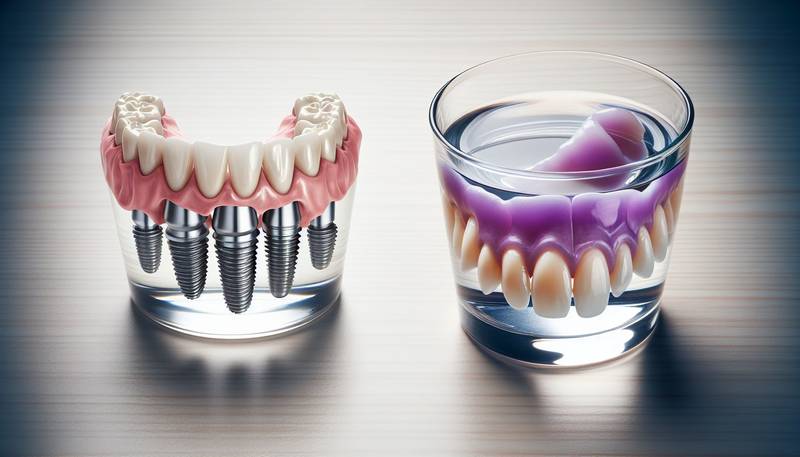
Teeth Implants vs. Dentures: Making the Right Choice for Your Oral Health
- 2023-12-26T00:00:00Z
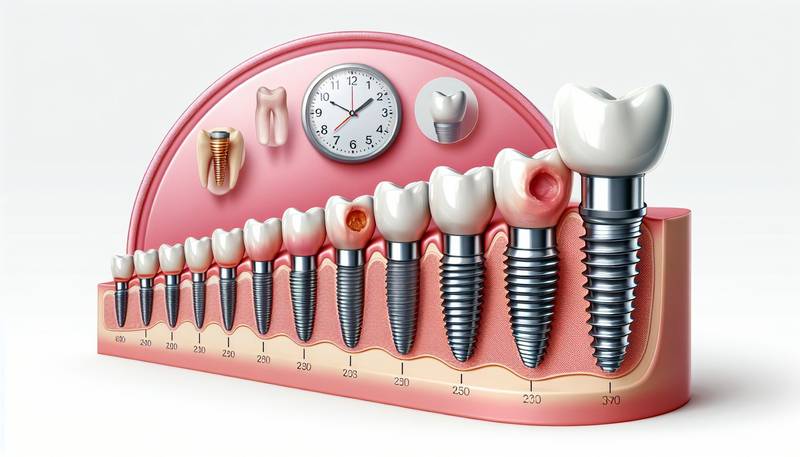
The Lifespan of Teeth Implants: What You Can Expect
- 2023-12-28T00:00:00Z
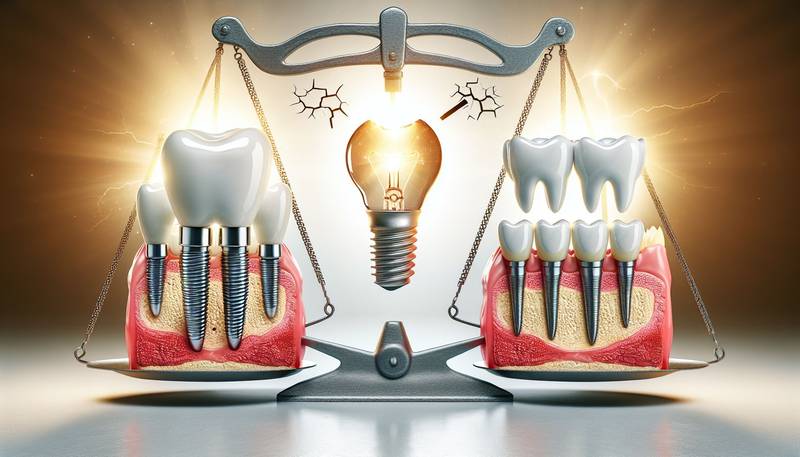
Addressing Common Myths and Misconceptions About Teeth Implants
- 2023-12-07T00:00:00Z
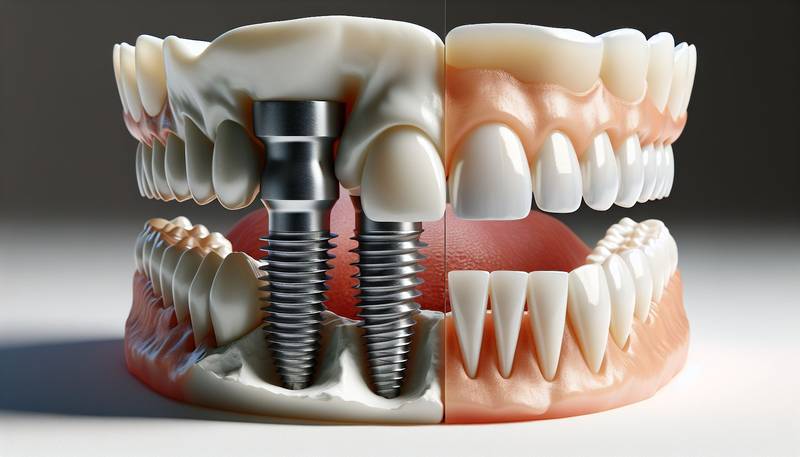
Teeth Implants vs. Dentures: Making an Informed Choice
- 2023-12-26T00:00:00Z
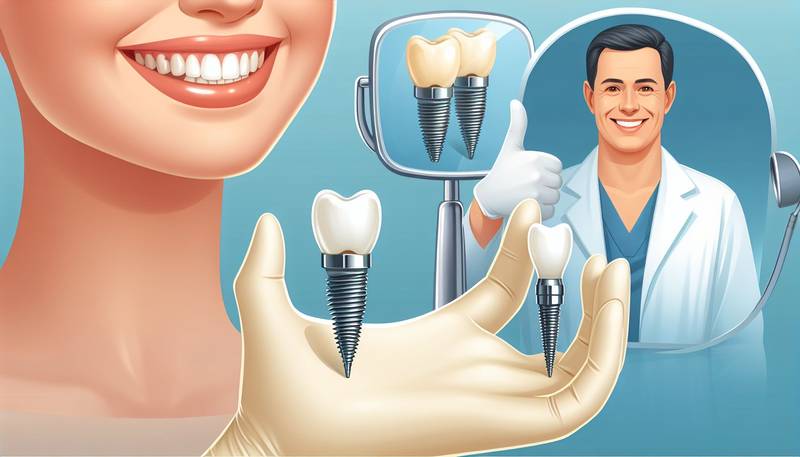
Teeth Implants: Are They the Right Solution for You?
- 2024-03-10T00:00:00Z
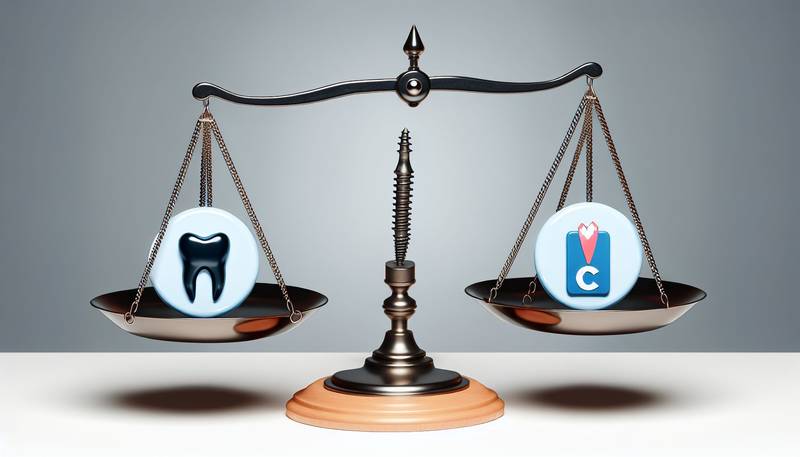
The Pros and Cons of Choosing Teeth Implants
- 2024-02-06T00:00:00Z
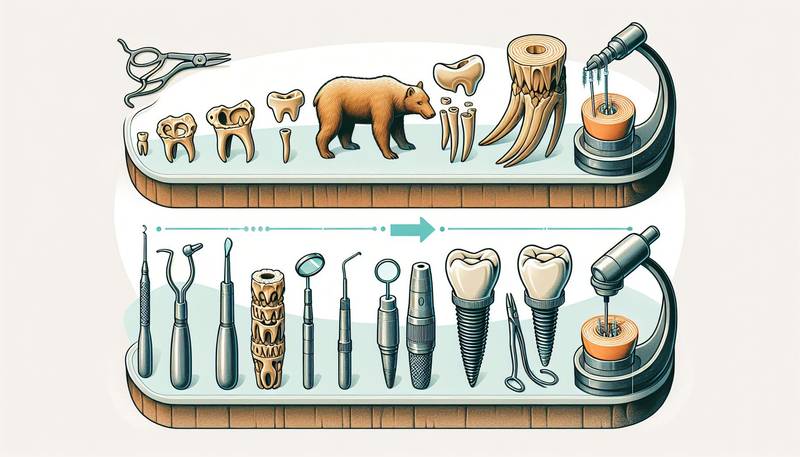
The Evolution of Teeth Implants: From Past to Present
- 2024-02-17T00:00:00Z
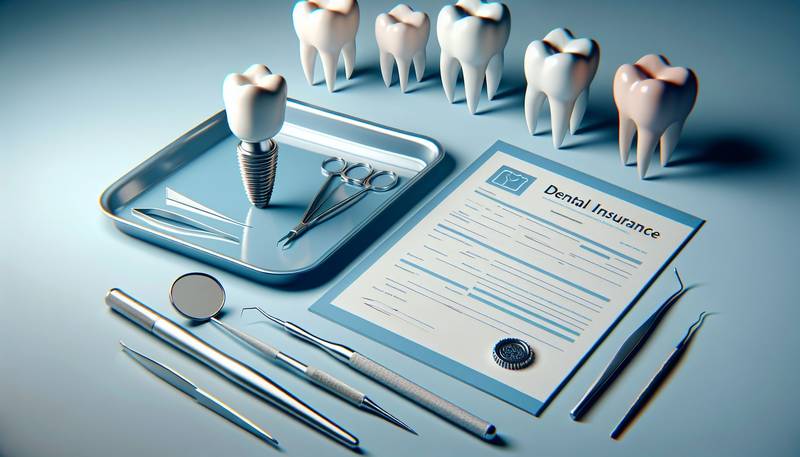
Dental Insurance and Teeth Implants: Navigating Coverage and Costs
- 2024-01-28T00:00:00Z
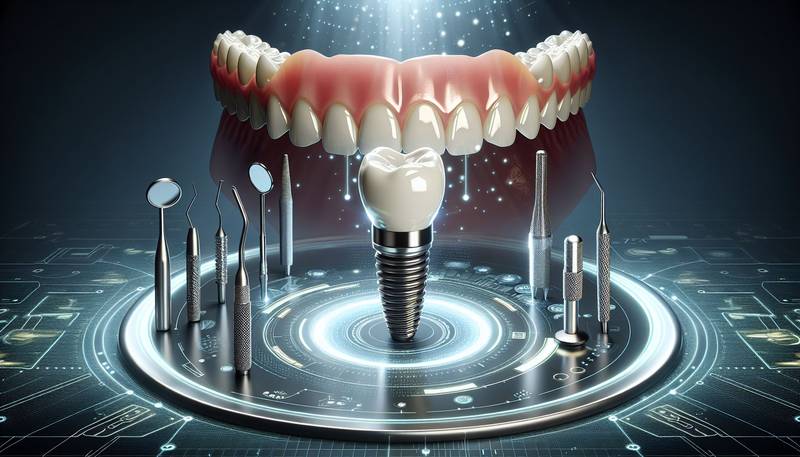
Innovations in Teeth Implant Technology: What's New in Dental Care
- 2024-01-22T00:00:00Z
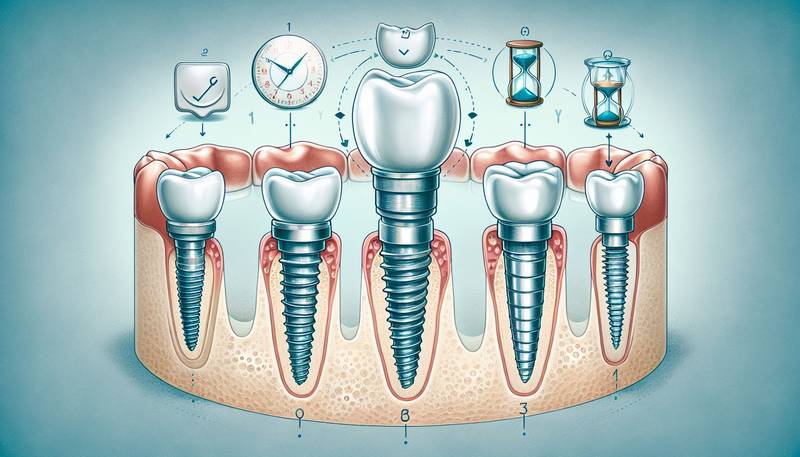
The Lifespan of Teeth Implants: What to Expect After the Procedure
- 2024-01-06T00:00:00Z
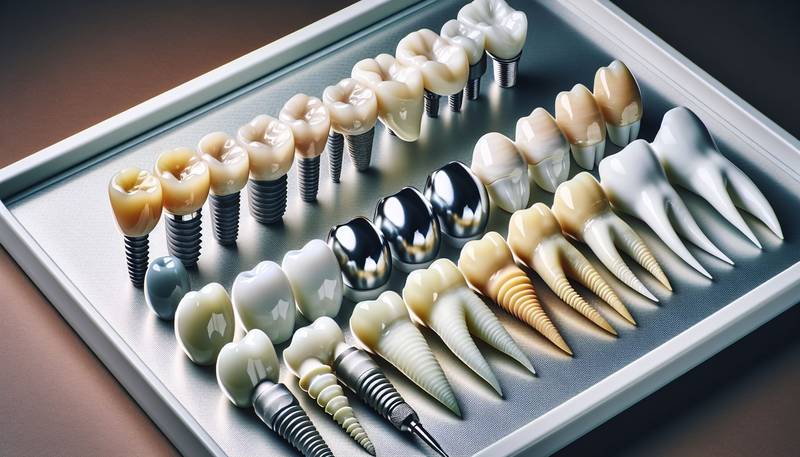
Comparing the Materials Used in Dental Implants
- 2024-02-26T00:00:00Z
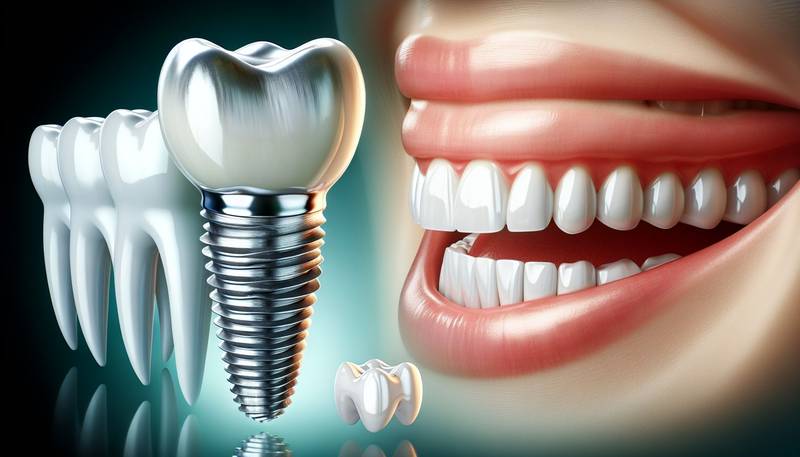
How Dental Implants Can Transform Your Smile and Confidence
- 2024-02-11T00:00:00Z
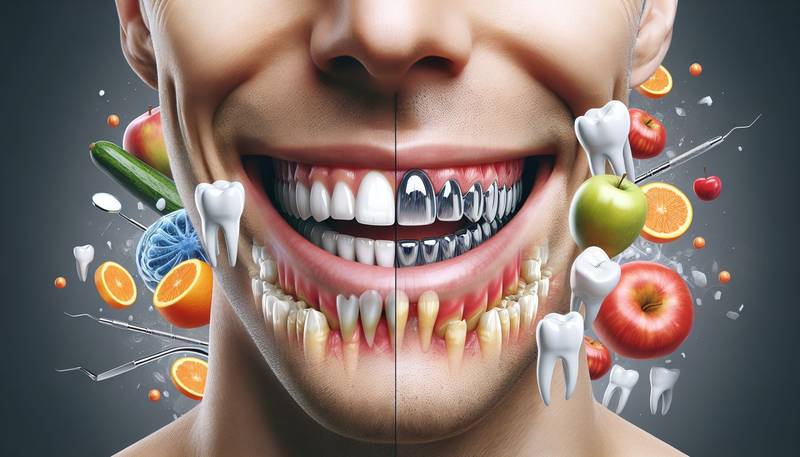
Smile with Confidence: How Teeth Implants Improve Oral Health
- 2024-01-31T00:00:00Z

Healing and Recovery: Tips for a Smooth Post-Implant Process
- 2023-12-16T00:00:00Z

Preparation and Recovery: Tips for a Smooth Teeth Implant Process
- 2024-02-01T00:00:00Z

Overcoming the Fear: Addressing Common Concerns About Teeth Implants
- 2024-03-05T00:00:00Z
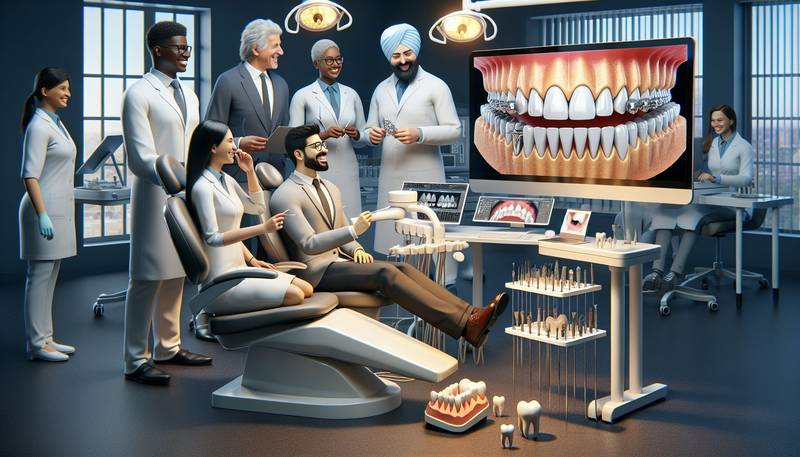
Revolutionizing Smiles: The Comprehensive Guide to Teeth Implants
- 2023-12-25T00:00:00Z
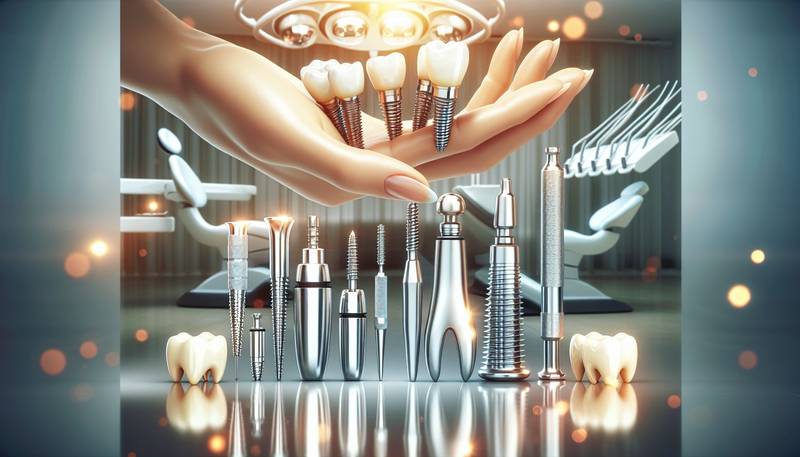
Navigating the Costs of Teeth Implants: Investment in Your Smile
- 2024-01-04T00:00:00Z
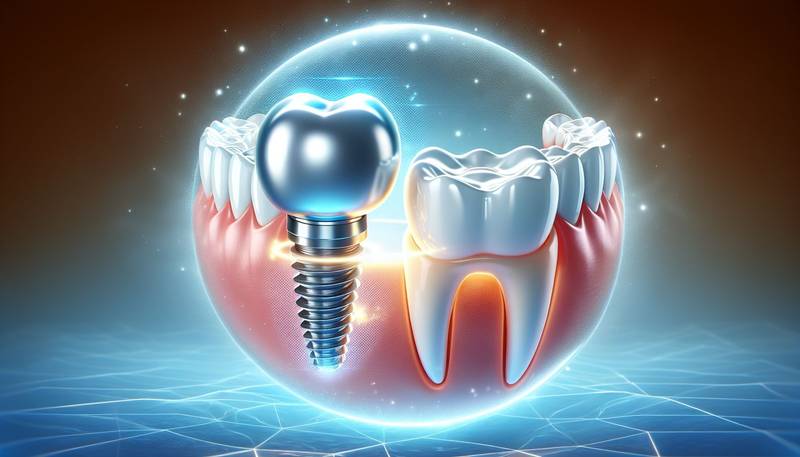
Teeth Implant Maintenance: Keeping Your New Smile Bright
- 2023-12-16T00:00:00Z
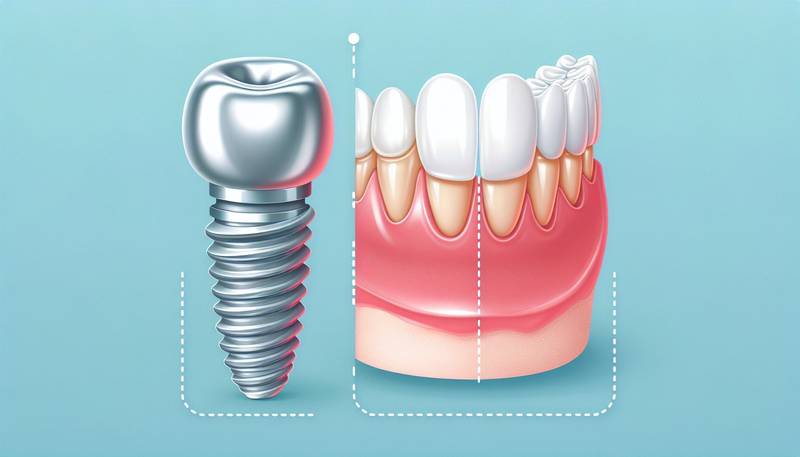
Teeth Implants vs. Dentures: Making the Right Choice for You
- 2024-01-19T00:00:00Z
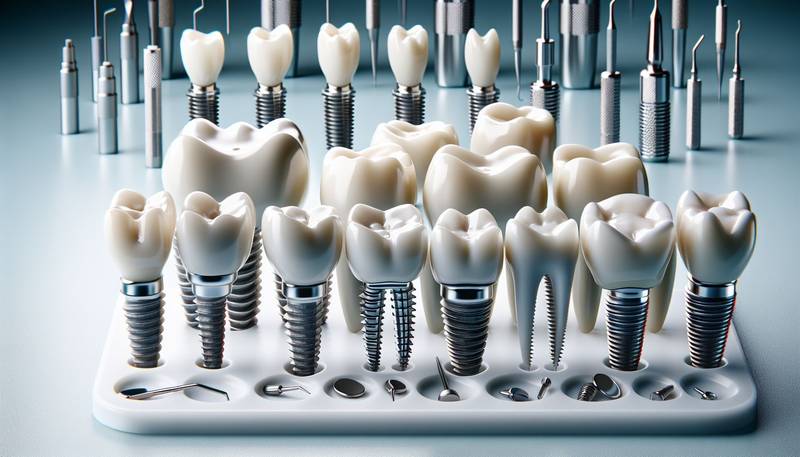
Customizing Your Dental Implants: Options for a Natural-Looking Smile
- 2024-01-02T00:00:00Z
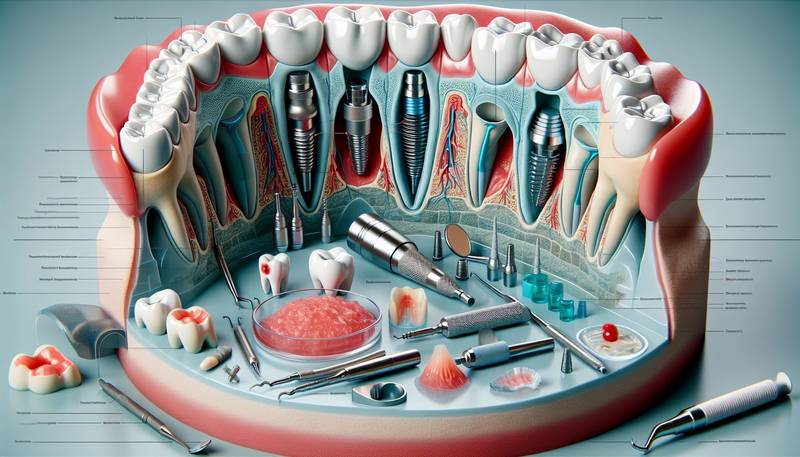
Teeth Implants: Understanding the Risks and How to Mitigate Them
- 2024-02-20T00:00:00Z

Life After Teeth Implants: Success Stories and Testimonials
- 2023-12-15T00:00:00Z
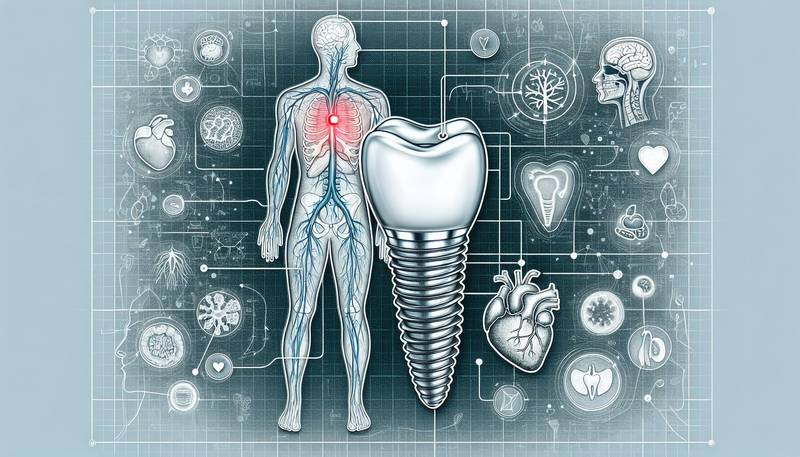
The Link Between Teeth Implants and Overall Health
- 2024-02-14T00:00:00Z
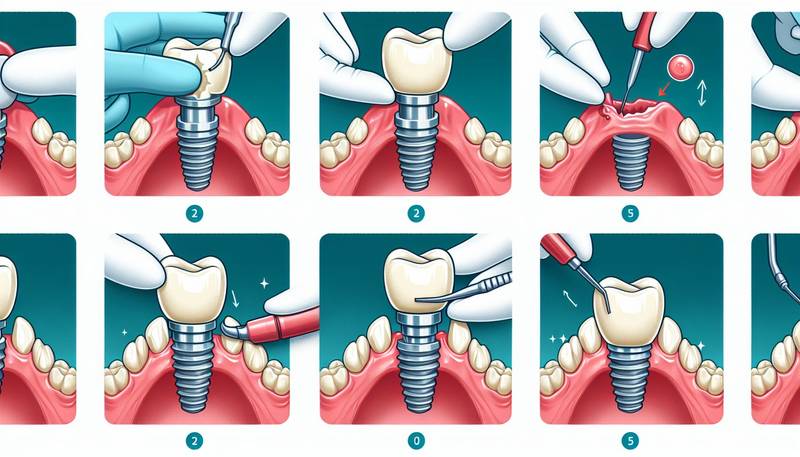
Immediate Load Teeth Implants: Understanding the Rapid Procedure
- 2023-12-14T00:00:00Z
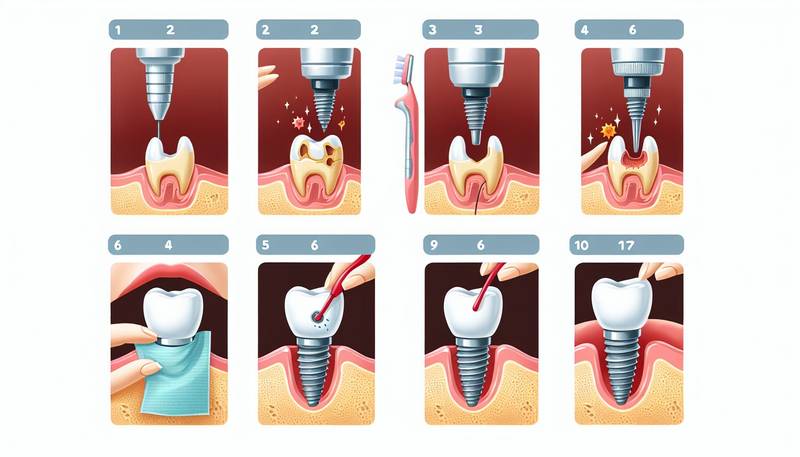
10 Things You Need to Know Before Getting Teeth Implants
- 2024-02-11T00:00:00Z
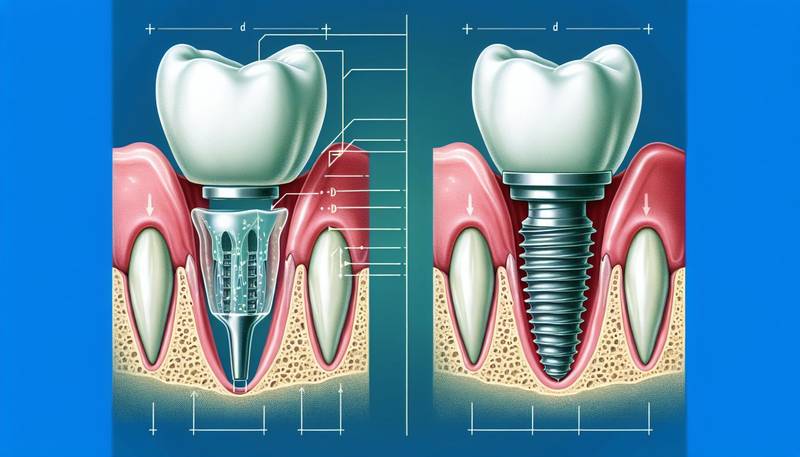
The Difference Between Dental Bridges and Teeth Implants
- 2023-12-10T00:00:00Z
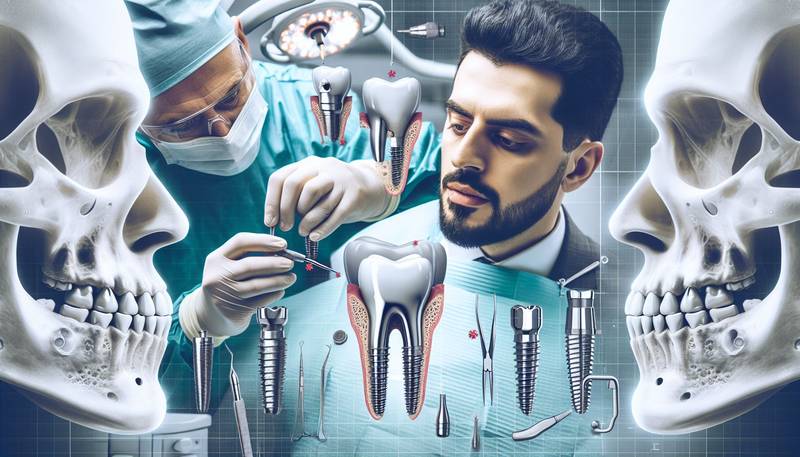
The Ultimate Guide to Understanding Dental Implants
- 2023-12-26T00:00:00Z
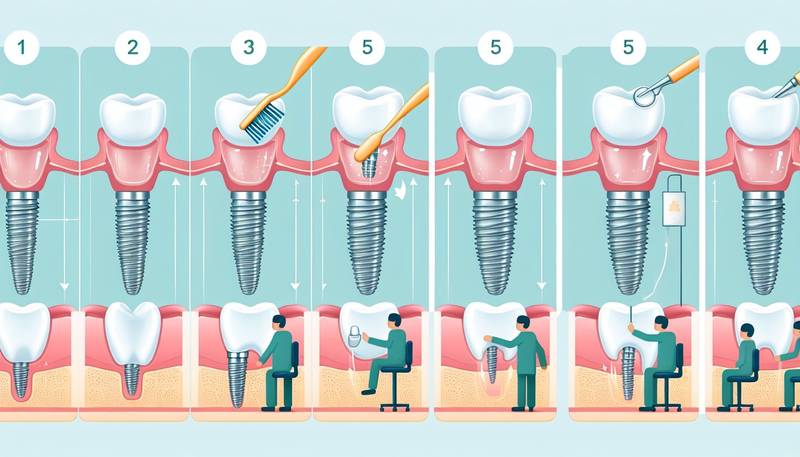
Maintaining Your Dental Implants: Tips for Long-Term Success
- 2024-02-11T00:00:00Z
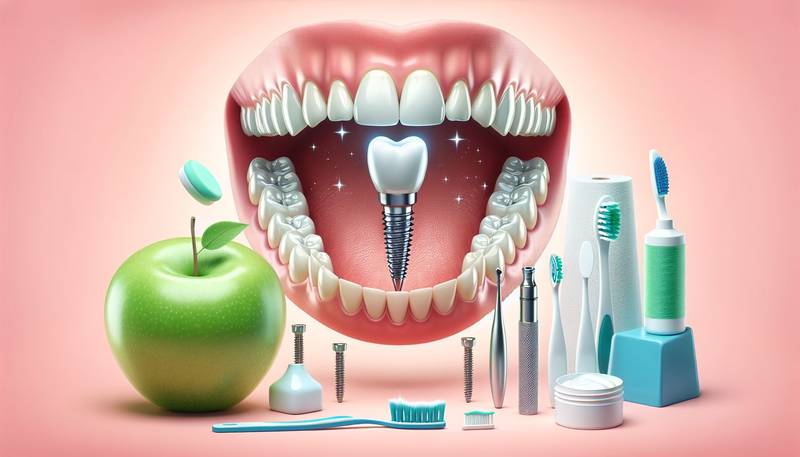
The Impact of Teeth Implants on Overall Oral Health
- 2024-02-02T00:00:00Z
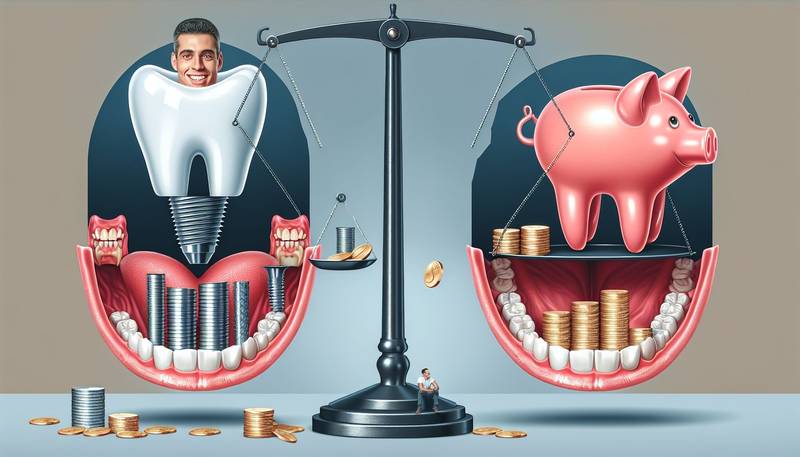
Cost Analysis: Understanding the Investment in Teeth Implants
- 2024-02-07T00:00:00Z
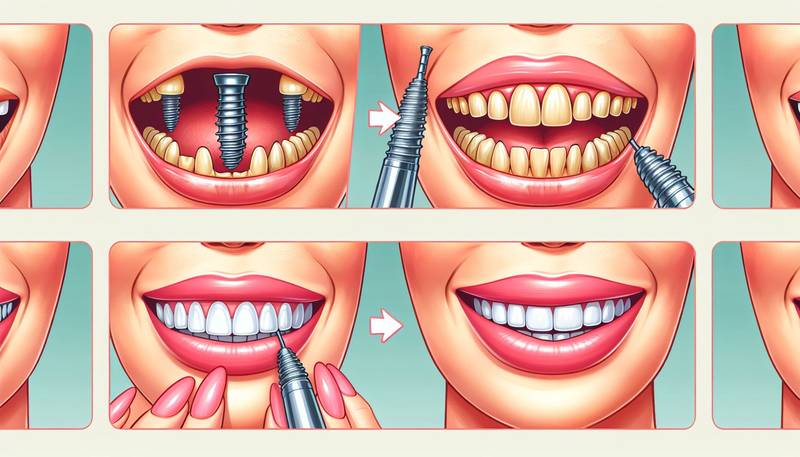
Case Studies: Successful Transformations with Teeth Implants
- 2023-12-15T00:00:00Z
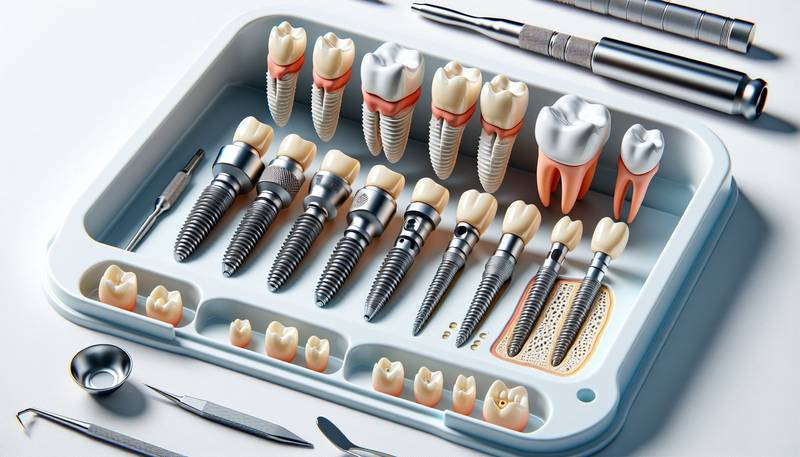
Understanding Teeth Implants: A Comprehensive Guide
- 2024-02-25T00:00:00Z

How Teeth Implants can Improve Your Quality of Life
- 2023-12-26T00:00:00Z

Overcoming Dental Anxiety: Getting Teeth Implants Stress-Free
- 2023-12-18T00:00:00Z

Post-Implant Care: How to Maintain Your New Smile
- 2023-12-29T00:00:00Z
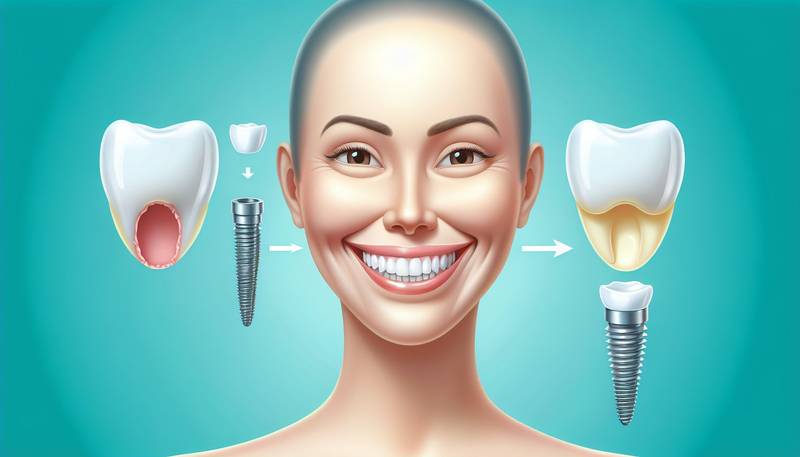
Transforming Smiles: The Benefits of Teeth Implants
- 2024-02-07T00:00:00Z
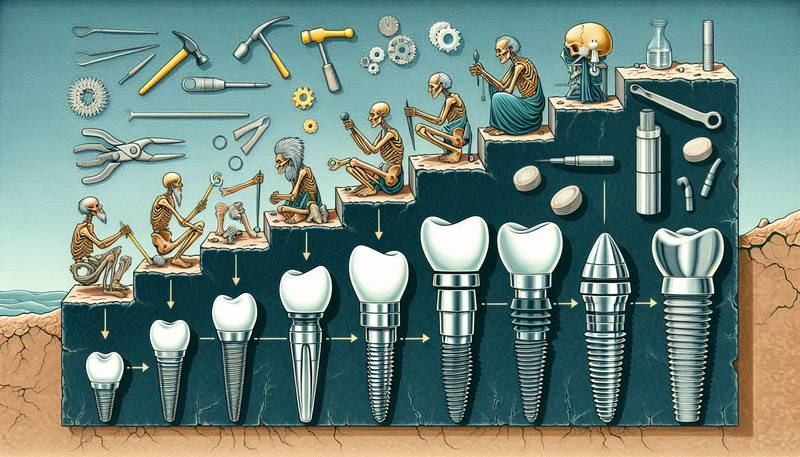
The Evolution of Dental Implants: A Historical Perspective
- 2023-12-07T00:00:00Z
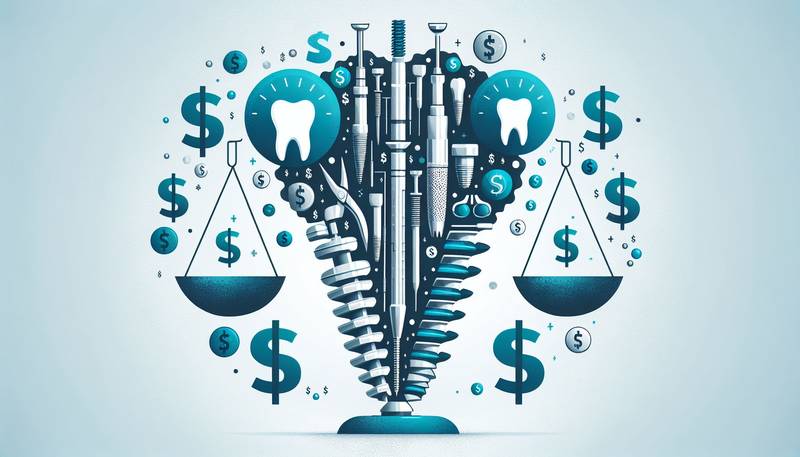
Understanding the Costs: A Comprehensive Overview of Teeth Implants
- 2023-12-17T00:00:00Z
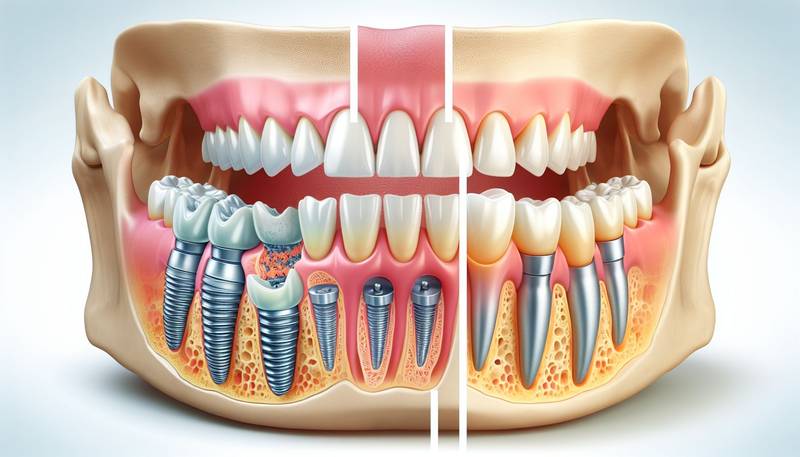
Dealing with Bone Loss: How Teeth Implants Can Help
- 2023-12-04T00:00:00Z
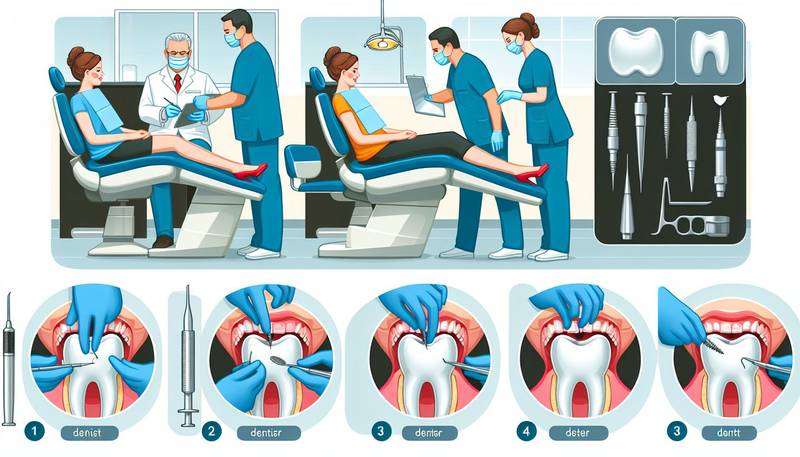
Preparing for Your Teeth Implant Procedure: A Checklist
- 2024-02-19T00:00:00Z
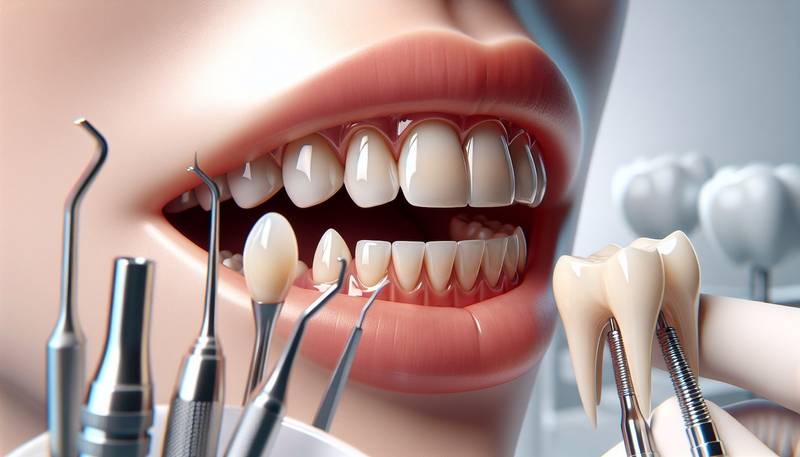
Achieving a Natural Look with Teeth Implants: What You Need to Know
- 2023-12-24T00:00:00Z
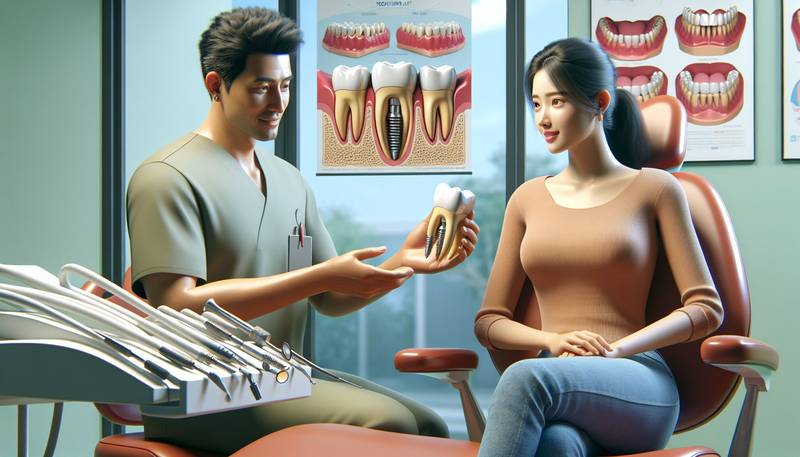
FAQs: Answering Your Most Common Questions About Teeth Implants
- 2024-02-19T00:00:00Z
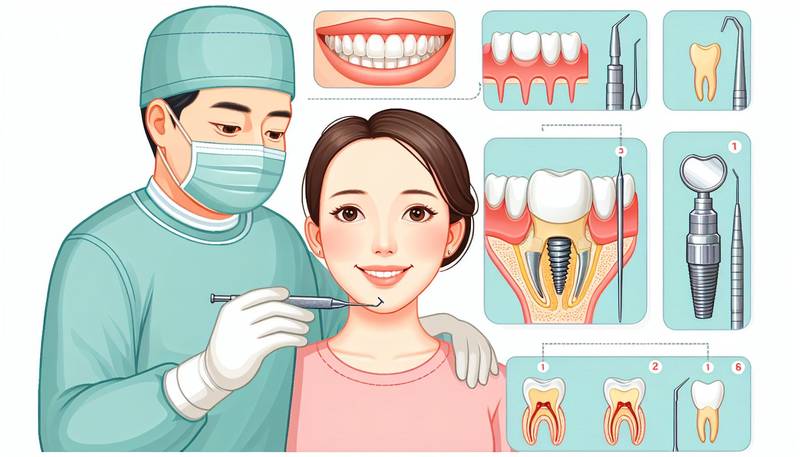
The Procedure Explained: What to Expect During Teeth Implant Surgery
- 2023-12-25T00:00:00Z
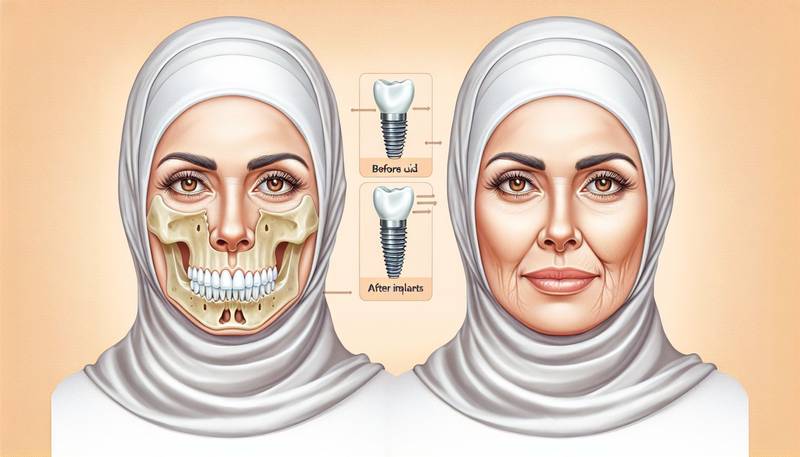
How Dental Implants Can Help Preserve Your Jawbone and Facial Structure
- 2024-02-12T00:00:00Z
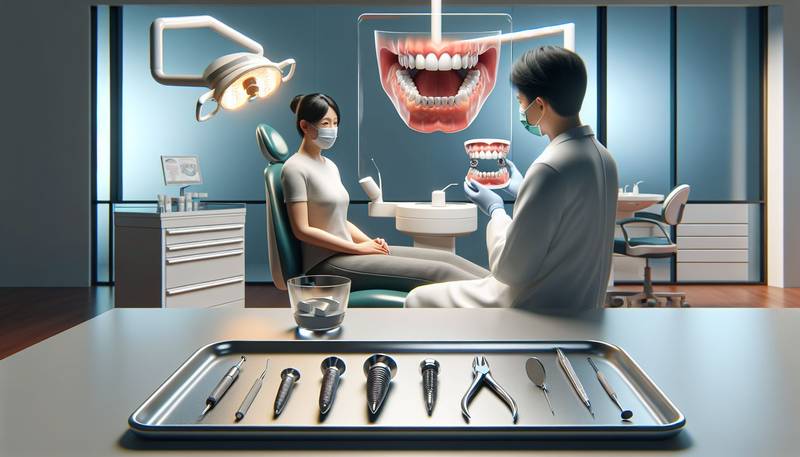
Addressing Your Fears: The Safety of Teeth Implant Surgery
- 2024-02-25T00:00:00Z
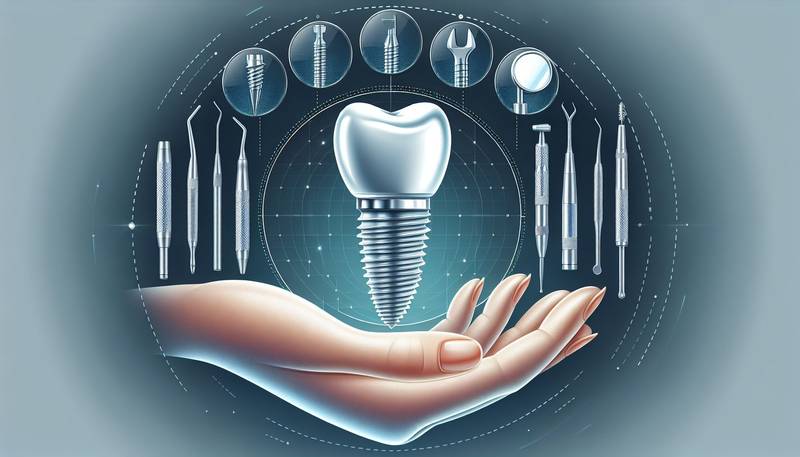
Overcoming Complications: How to Deal with Teeth Implant Issues
- 2024-01-15T00:00:00Z
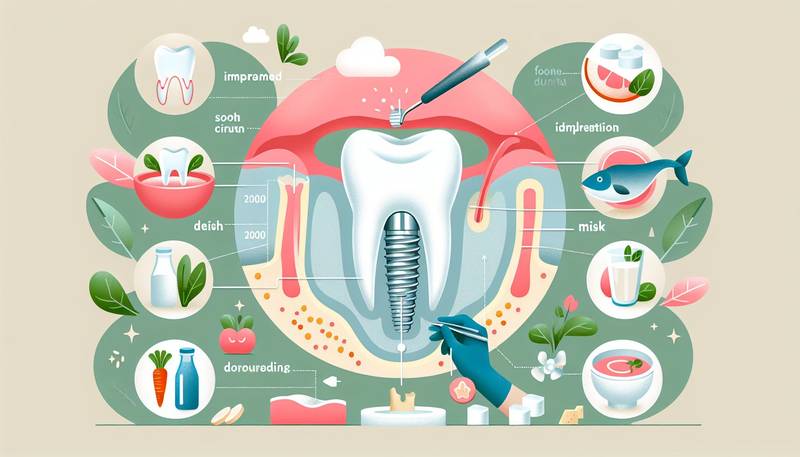
Teeth Implants and Bone Health: What You Need to Know
- 2024-02-04T00:00:00Z
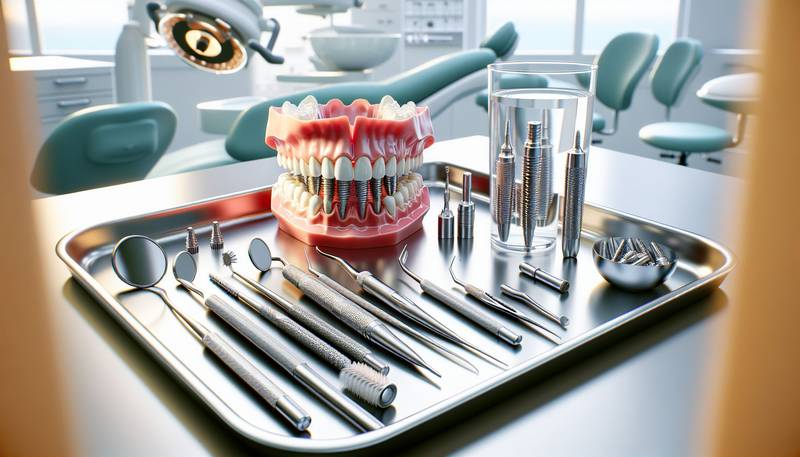
Post-Surgery Care: How to Ensure the Success of Your Dental Implants
- 2024-01-29T00:00:00Z
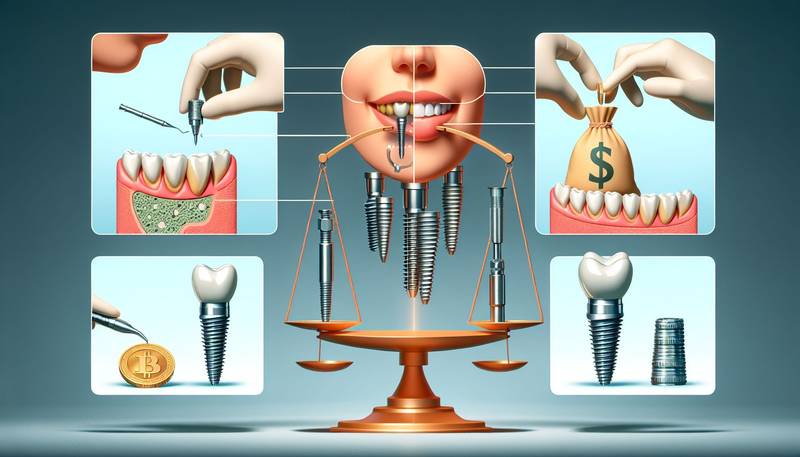
Understanding the Cost of Dental Implants: Is it Worth the Investment?
- 2024-01-21T00:00:00Z

Sedation Options for Dental Implant Surgery: What You Need to Know
- 2023-12-11T00:00:00Z
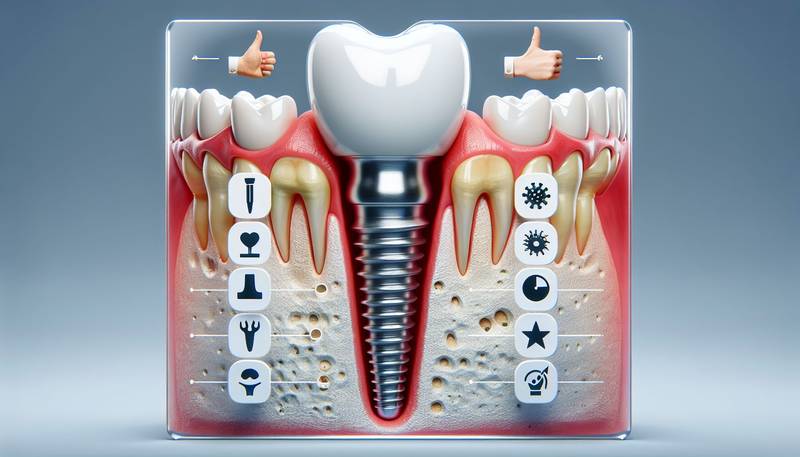
Immediate Load Dental Implants: Pros and Cons
- 2024-02-13T00:00:00Z
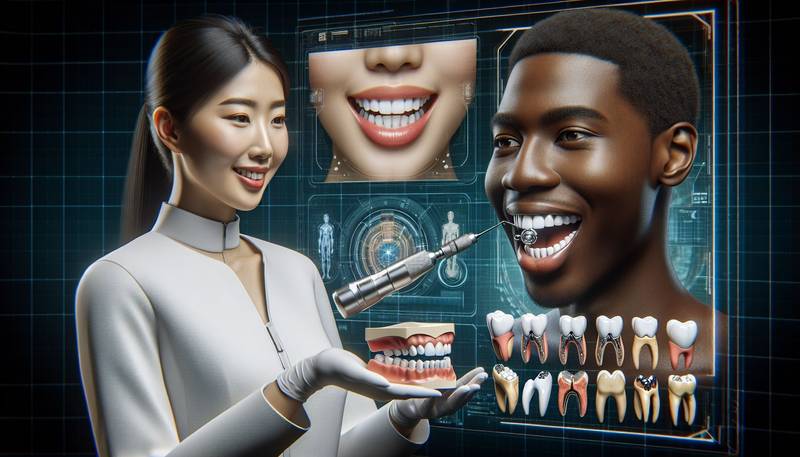
The Future of Dental Care: How Teeth Implants are Changing Lives
- 2023-12-14T00:00:00Z
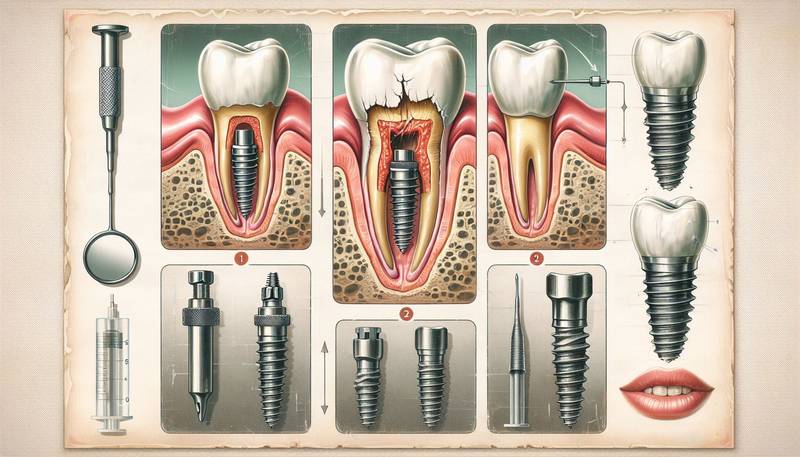
Exploring the Success Rate of Dental Implants
- 2024-01-30T00:00:00Z
 Smile Renewed: Expert Dental Implant Solutions
Smile Renewed: Expert Dental Implant Solutions